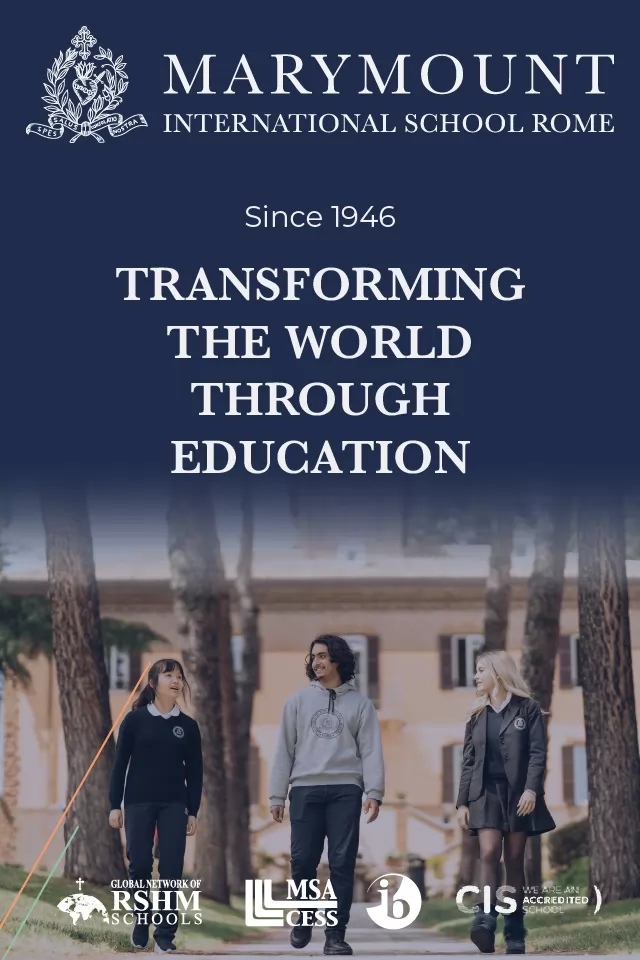EDITORIAL: A pocket guide to Milan
Welcome to our new publishing venture: the free pocket guide to Milan for expats. It is the first in a series of annual guides to the cities on our websites wantedineurope.com and wantedinafrica.com.
Much of the information in the Milan pocket guide attached to this edition of Wanted in Rome comes from the Milan pages of wantedineurope.com, which has been operational for several years, but which is less well known in Rome than our original site, wantedinrome.com.
How many of our magazine readers know that Wanted in Rome is part of a much larger network catering to expats around the world? That we also provide news and cultural listings of events in Milan, Paris, Dublin, Madrid and nine other cities in Europe on wantedineurope.com and nine more in Africa on the website wantedinafrica.com?
Why we have the websites is easy to explain: they provide information, news and cultural listings for expats in cities in Europe and Africa along the lines of the magazine Wanted in Rome and its website wantedinrome.com. But why pocket guides in an age when most publishing houses are getting rid of paper and moving their operations to the internet?
We understood the importance of the internet early in the digital revolution; our first site went operational 12 years ago. But we have always believed that paper was and would remain important. When we launched wantedinrome.com in 1997, we realised that we would have lost a very important section of our readers and of our advertisers had we thought that internet was enough. As many publishing companies are now discovering, it is not a question of either internet or paper; both are important in different ways and each contributes to the other. Paper feeds the internet and the internet brings new readers to the magazine.
We believe that our annual pocket guides will have yet another function because they will have a much longer shelf life than either a fortnightly magazine or the fast-moving internet. They can be consulted at a more leisurely pace, they can be carried around (they are pocket-sized on purpose) and they contain all the information that someone relocating to a new city needs to feel at home as quickly as possible. Unlike tourist guides, they contain information for those who live in the city, rather than those who are passing through for a few days.
So why have we decided that Milan, rather than Rome, should be the subject of our first pocket guide? Partly because Milan is less well known to foreigners than smaller Italian cities such as Florence, Naples or even Venice. But also because the foreign communities in Italy


















